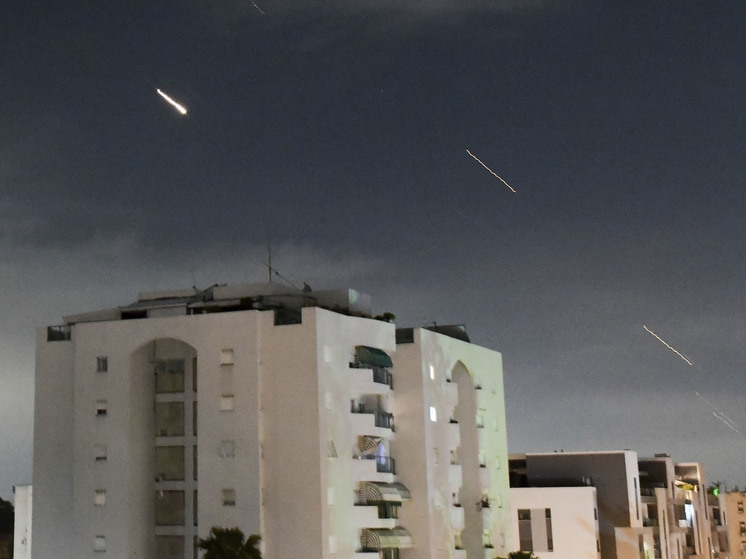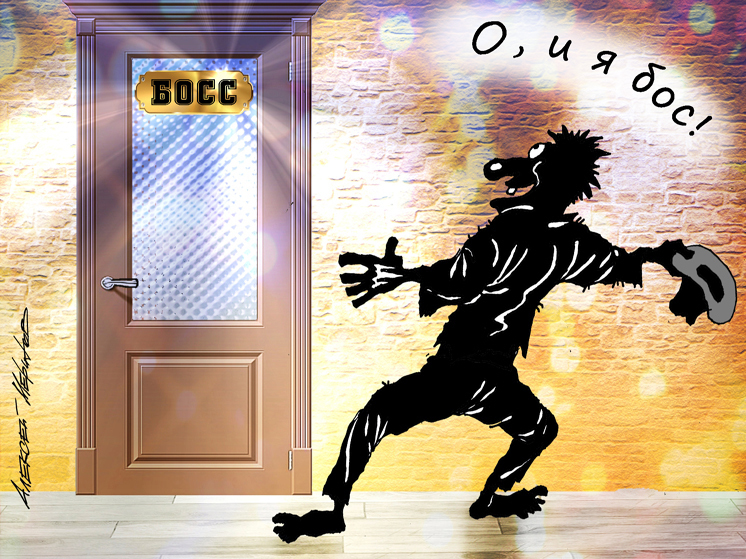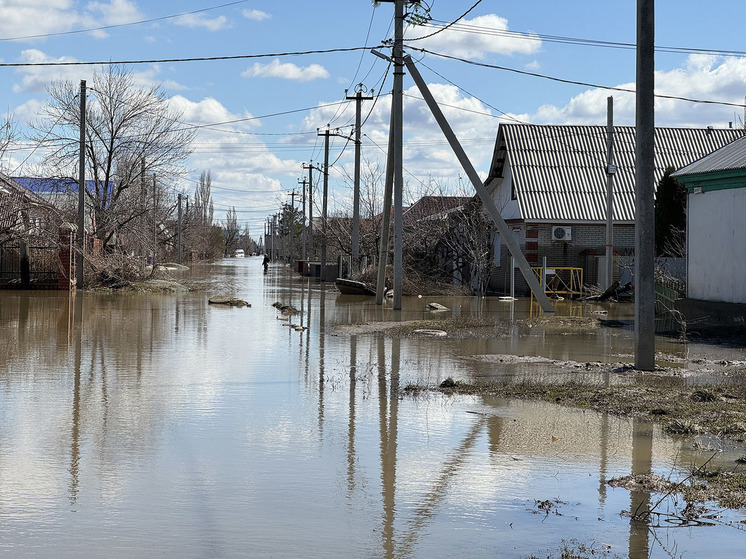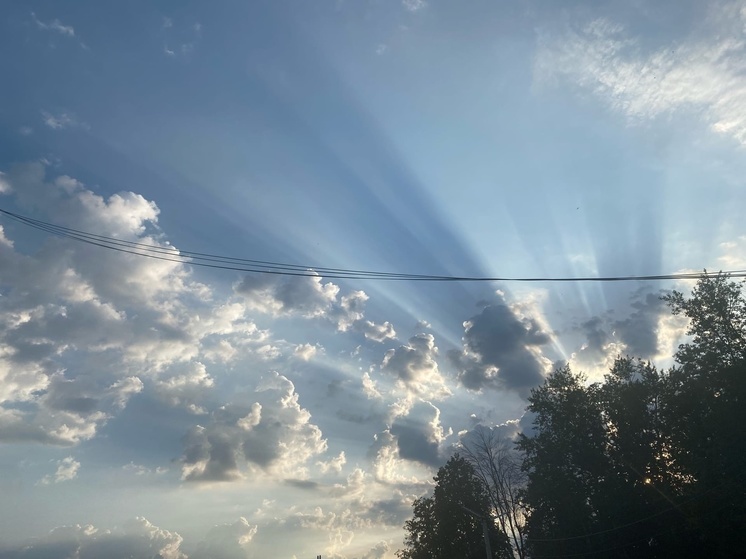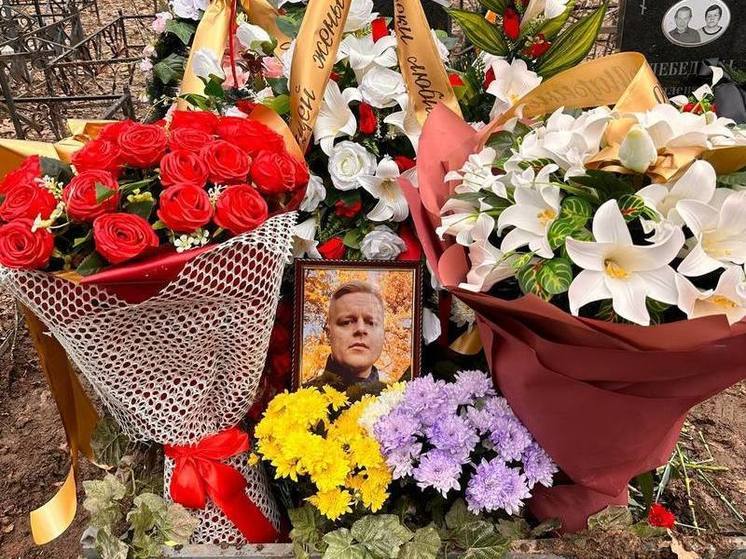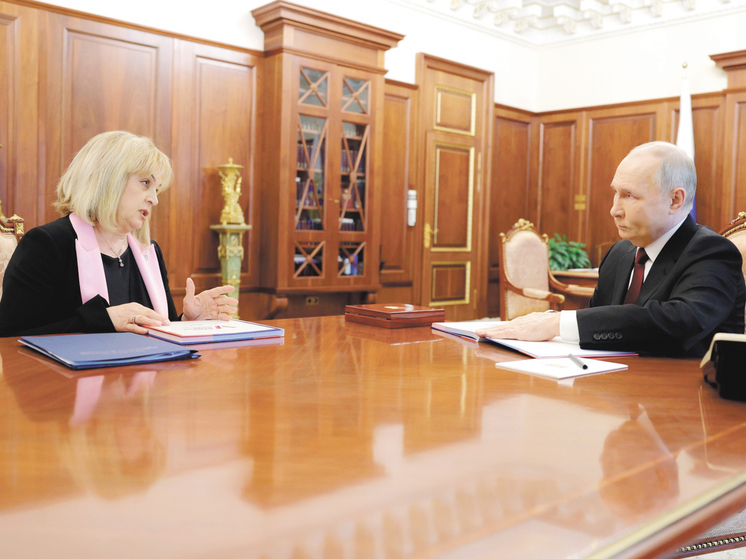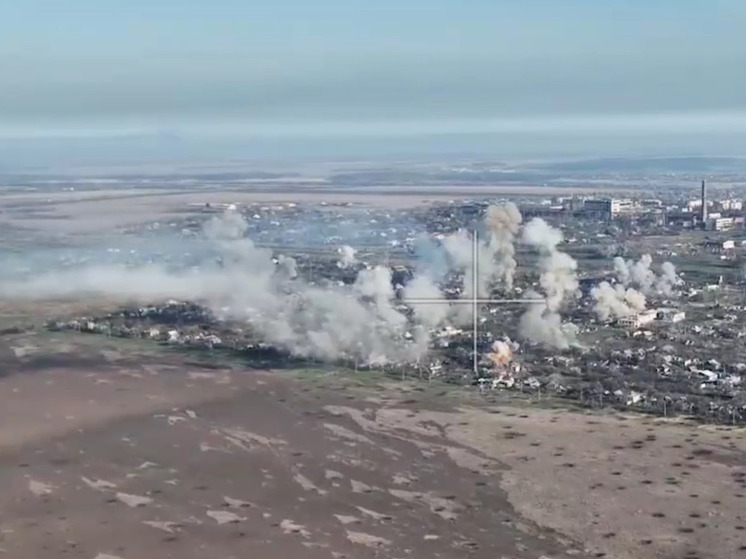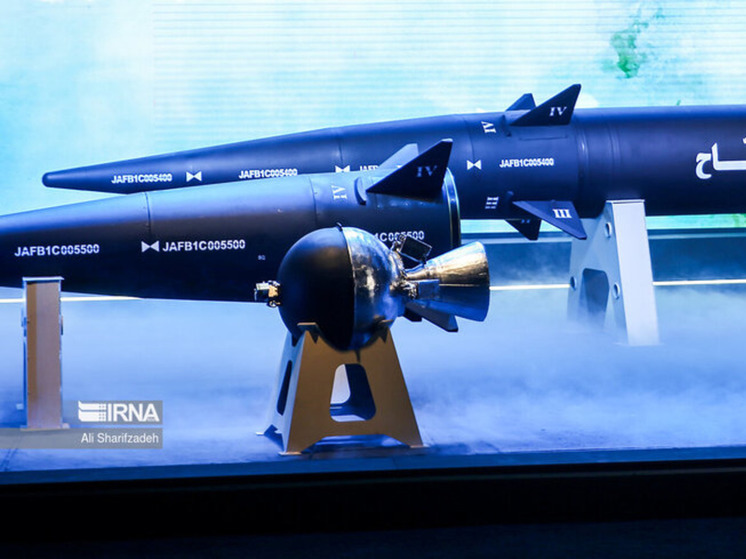To begin with: the siloviki on the Presidential Staff try hard to avoid publicity. Despite their growing influence, they keep to the shadows. Information on them is scarce and informed sources are tightlipped.
The group got its name for reasons beyond the professional background of most of its members in the law and order agencies, or siloviye agencies as they are in Russian. The siloviki like to use those agencies methods to achieve their aims. The attack on YUKOS, characterized by political scientist Gleb Pavlovsky as an attack on democracy, was a classic example of pressurizing political opponents. And there is nothing strange about it. The men in gray suits are unused to subtlety and public relations considerations, but masters of internal intrigues in Kremlin corridors; they prefer preventive measures and sophisticated moves to massed attacks. At close range the siloviki feel inhibited: they avoid negotiations and informal contacts with their opponents.
The public began paying attention to the siloviki this summer following reports by two famous Russian political scientists Stanislav Belkovsky and Gleb Pavlovsky. The first cited the threat of oligarchic conspiracy against the lawful authorities, the other warned of a creeping revolution in the presidential staff, organized by the St. Petersburg siloviki. The arrest of YUKOS oil chief Mikhail Khodorkovsky, the resignation of presidential chief of staff Aleksandr Voloshin, and the possible further changes in the corridors of power have ended all discussions on the extent of the influence of the St. Petersburgers in the Kremlin. The changing of the guard has become the new reality.
However, Pugachev does not have an exclusive claim to be Kremlin treasurer. He is in tough competition with Vladimir Kogan, head of St. Petersburgs Promstroibank (PSB). According to rumor, Vladimir and Lyudmila Putin, communications minister Leonid Reiman, and several other members of the St. Petersburg clan have their accounts at PSB.
The Tuvan senator did not overlook Gleb Pavlovskys performance and filed suit against him. The banker rated his slandered honor at $1 million. Although it remained unclear what exactly upset Pugachev in the report the description of his political rules, or being assigned the role of the Kremlins wallet. For example, Roman Abramovich, wallet to the Family, never deigned to notice that kind of thing.
Pugachev and Abramovich have a lot in common Lenin-like shyness, laconicity, restraint and a philosophical attitude to money. Both are said to be given to outbreaks of anonymous altruism, prefer quiet family surroundings and have many children.
The first attacks on the Abramovich-Berezovsky Family clan by Sergei Pugachev resulted in tactical losses, until he brought in the siloviki.
Belokovsky is amazingly omnivorous. As a political scientist he manages to work with diametrically opposed political forces from the liberal Konstantin Borovoi to the Communist Party.
He is said to pick up a feel for the state of affairs immediately, being in that sense a classic modern spin-doctor. He compiles various theories, reacts to the zeitgeist, and takes on other peoples concepts, adapting them to the interests of his clients.
The current ideological platform of the siloviki is exactly that kind of symbiosis. The basis of this strange cocktail is state capitalism founded on orthodoxy and the primacy of patriotic values. Among the subclauses are all the hot themes of the day: royalties for natural resource use, restraint in relations with the United States, and, of course, putting the oligarchs in their place.
Relations between the two wings of the administration, the Family old-timers and the St. Petersburg new boys, is a separate matter. Until recently the St. Petersburg group lost in competition with the family, but election syndrome has weakened their unity, and the all-out attack on YUKOS and resignation of chief of staff Aleksandr Voloshin have only increased the confusion. YUKOS people were apparently ready to make serious concessions and tried to negotiate directly with Viktor Ivanov. But the general was not interested in compromise.
Almaz-Antei is a separate page in Viktor Ivanovs biography. In the period before it was set up he was in tough competition with the westernizing wing of the defense industry, in the person of deputy prime minister Ilya Klebanov. Ivanov did not allow the company to join the Defense Systems group, as Klebanov had wanted.
Among the agent apparatchiks, one cannot forget deputy Federal Security Service (FSB) director for economic security Yuri Zaostrovtsev. According to rumor, Zaostrovtsev coordinates the finances for the presidents upcoming election campaign and is the main link between the FSB and the Kremlin siloviki. He is said to be viewed as the most likely replacement for current FSB head Nikolai Patrushev or State Customs Committee head Mikhail Vanin.
That is the general outline of the group. Of course, it has its own internal contradictions, however they are generally united by their purpose.
According to some experts, the apparatchiki above are not yet ready to be eminence grises, they are more like typical service people, following the mentality of the secret services: do nothing without orders. It is a different matter if they have already been given carte-blanche.
To conclude, one can only add that it is likely the so-called St. Petersburg siloviki are guided in their actions by both national security concerns and their views of justice and the economic structure of the country. It is also possible that their ambitions have a clear nationalist streak. The problem is that tactical victories can often turn out to be strategic losses.
1992 - December 2001 Sergei Pugachev was chairman of the board of OOO International Industrial Bank (Mezhprombank). Acquaintance with Pavel Borodin, then presidential chief administrator, became a pass to the Kremlin inner circle.
In December 1995, Sergei Pugachev ran for the State Duma on Segei Shakhrais Party of Russian Unity and Agreement list. The party did not get past the 5% barrier.
According to some information, in November-December 2001, Pugachev was active in the presidential elections in Yakutia, where Mezhprombank had a candidate deputy prosecutor general Vasily Kolmogorov. The campaign was racked by scandal and Kolmogorov ended up dropping out.
December 26, 2001, Sergei Pugachev was approved as representative of the republic of Tuva in the RF Federation Council.
January 23, 2002, Sergei Pugachev officially resigned as chairman of the board of Mezhprombank and disposed of his shareholdings.
After graduating, worked as a military translator abroad. In 1998 joined the staff of Leningrad Soviet. Met Vladimir Putin on a visit of the St. Petersburg administration to Brazil in 1990. Friends with the future president since 1991. Putin, as deputy head of the St. Petersburg administration of Anatoly Sobchak, appointed Sechin his chief secretary, a position he held until 1996.
1996-1997 deputy head, foreign property department, Foreign Economic Relations Department, Presidential Affairs Department.
1997-1998 head of general department, Main Monitoring Department of the RF President.
1998 chief of staff of first deputy presidential chief of staff.
1998-1999 advisor to the deputy presidential chief of staff, head of Main Monitory Department (pro bono).
August 1999, Sechin was appointed first deputy head of the prime ministers secretarial department.
December 31, 1999 deputy presidential chief of staff. Head of the presidents office.
Speaks Portuguese, French, and Spanish.
In 1994 he retired from service at the rank of Colonel. In 1994-1996 he was appointed by Putin to head the administrative departments of St. Petersburg City Hall. 1996-1998 was head of Russian-American joint venture ZAO Teleplus, a satellite TV company broadcasting 30 channels, including CNN and Euronews.
In 1998 he was transferred to the FSB Central Staff, where he headed the Internal Affairs Department. In April 1999 he was appointed head of the Economic Security Department and deputy director of the FSB.
January 5, 2000, he became deputy presidential chief of staff. Handles personnel matters and the Main Department for CIS Affairs. Ivanov knows Putin from their service in the Leningrad Department of the KGB and from their work at St. Petersburg City Hall. The president is said to value Ivanovs tolerance, patience and informedness.
In 2002 he was elected chairman of the board of directors at PVO Concern Almaz-Antei, which produces the S-300 surface-to-air missile system. The company was set up by presidential decree and formed from 46 state enterprises and companies.
Viktor Ivanov has been awarded the For Service in Combat medal. He is married and has a son and a daughter.
Almaz-Antei was formed in April 2002 as part of the program of centralizing the defense industry. The program was developed under the control of the Ministry for Science and Industry and deputy prime minister Ilya Klebanov and proposed integrating the entire defense industry into 40 holdings. Klebanov was for the integration of the company into Defense Systems.
Antei and Almaz were absolutely against such plans. They joined together to combat Defense Systems, and declared that it was necessary to set up an independent holding, Almaz-Antei. Finally, in August 2001, President Vladimir Putin ordered FSB General Viktor Ivanov, deputy chief of staff for personnel, to work on forming the air defense company.
In April 2002, the president finally signed a decree drawn up by Viktor Ivanov on the creation of air defense company Almaz-Antei. It joined 46 enterprises, all fundamental developers and manufacturers of air defense and missile defense systems. Defense Systems was left with nothing: even enterprises of which Defense Systems was a co-founder were handed to Almaz-Antei. Viktor Ivanov became chairman of the board of the company, and Antei head Yuri Svirin was elected general director. Even then it was clear that 65-year old Svirin was a temporary figure as head of the countrys largest defense company. Especially as his deputy for orders and deliveries was Viktor Ivanovs assistant Igor Klimov. There was an impression that Ivanov simply gave his appointee time to get to grips with the problems of the company and prepare for the role of general director.
In February 2003, Yuri Svirin resigned due to ill health and Igor Klimov was appointed acting general director.
By May 2003 the company was essentially established, in record time for the Russian defense industry, the state enterprises in Almaz-Antei were converted into joint-stock companies and a controlling stake was handed to the head structure. However, in May 2003, Igor Klimov was killed in Moscow. There are two main theories on the killing. The first saw an influential group competing with the St. Petersburg group as the client. The second, some contacts of Klimov himself.



